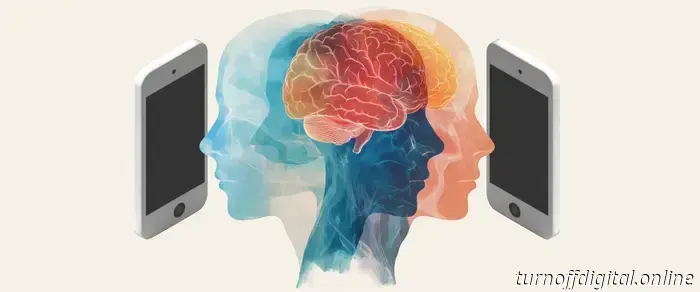
Home » Blog » On the Reverse Flynn Effect
Last fall, Norwegian psychology professor Lars Dehli was invited to deliver a lecture on intelligence. Since it had been some time since he taught on this subject, he was eager to revisit it. In an essay about the experience, he noted that he began the lecture by discussing the Flynn Effect, a well-known phenomenon identified by James Flynn, which shows that measured IQ scores have been steadily rising since World War II. “It’s always amusing to tell students that their generation is the smartest that has ever existed,” Dehli remarked.
However, while compiling data for an updated chart, he was “very surprised” by his findings: “IQ has actually started to decline.”
Dehli was not the first to observe this decrease. Recently, an increasing number of researchers have been documenting what is termed the Reverse Flynn Effect. For instance, a recent paper published in the journal Intelligence analyzed IQ scores over time within an American population and revealed a consistent drop in nearly every intelligence metric evaluated in a 35-item assessment.
Here’s a chart illustrating these declines categorized by educational level:
There is no agreement on the causes of the Reverse Flynn Effect. Nonetheless, in a recent podcast appearance, James Mariott, a critic and columnist for The Times of London, outlined a theory that has been gaining popularity: as we shift from print to digital devices for information consumption, our capacity for deep thinking diminishes.
As Mariott states:
“Print necessitates that we construct a logical argument for a subject. A crucial aspect of books is that if you present an argument in print, it must logically hold together. You can’t simply assert things as you can on TikTok or YouTube…print emphasizes a way of thinking and processing the world that is logical, more rational, contains denser information, and is intellectually demanding. If we are losing these qualities in our culture, which I believe we are, it’s not surprising that people are becoming less intelligent…and that we observe a decline in IQ.”
The evidence surrounding the Reverse Flynn Effect includes several data points that support Mariott’s assertions. For instance, the decline in IQ appears to have started around 2010—the time when smartphones began to become widely prevalent. Moreover, the Northwestern study indicates that the demographic experiencing the most significant declines is those aged 18 to 22 years, who are also the largest consumers of smartphones.
As is common with many psychological findings, it is unlikely that we will be able to pinpoint a single, specific cause for this effect. However, based on common sense and personal experience, there is certainly some truth to the hypothesis regarding technology.
It has become commonplace to express sentiments like, “my phone is making me so dumb!” but these statements are often intended as figurative language; a humorous way to acknowledge that the activities we engage in on our phones are often trivial or that we spend less time on “smart” activities than we used to. If these technological interpretations of the Reverse Flynn Effect prove accurate, it may turn out that this adage is far more literal than we initially assumed.

Last autumn, a Norwegian professor of psychology, Lars Dehli, was invited to deliver a lecture on the topic of intelligence. It had been some time since he had...